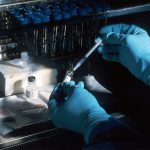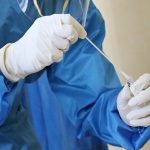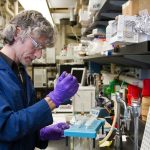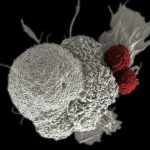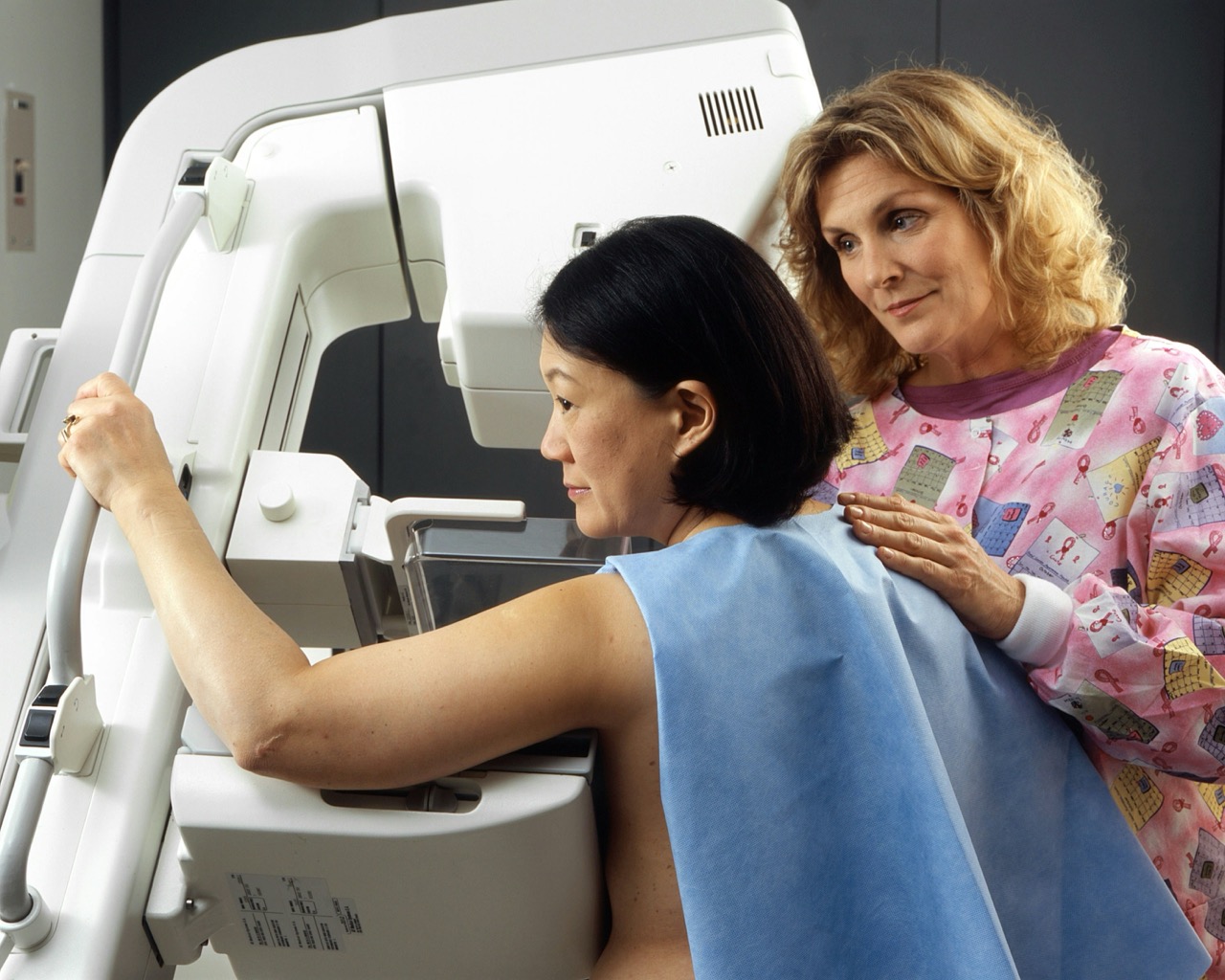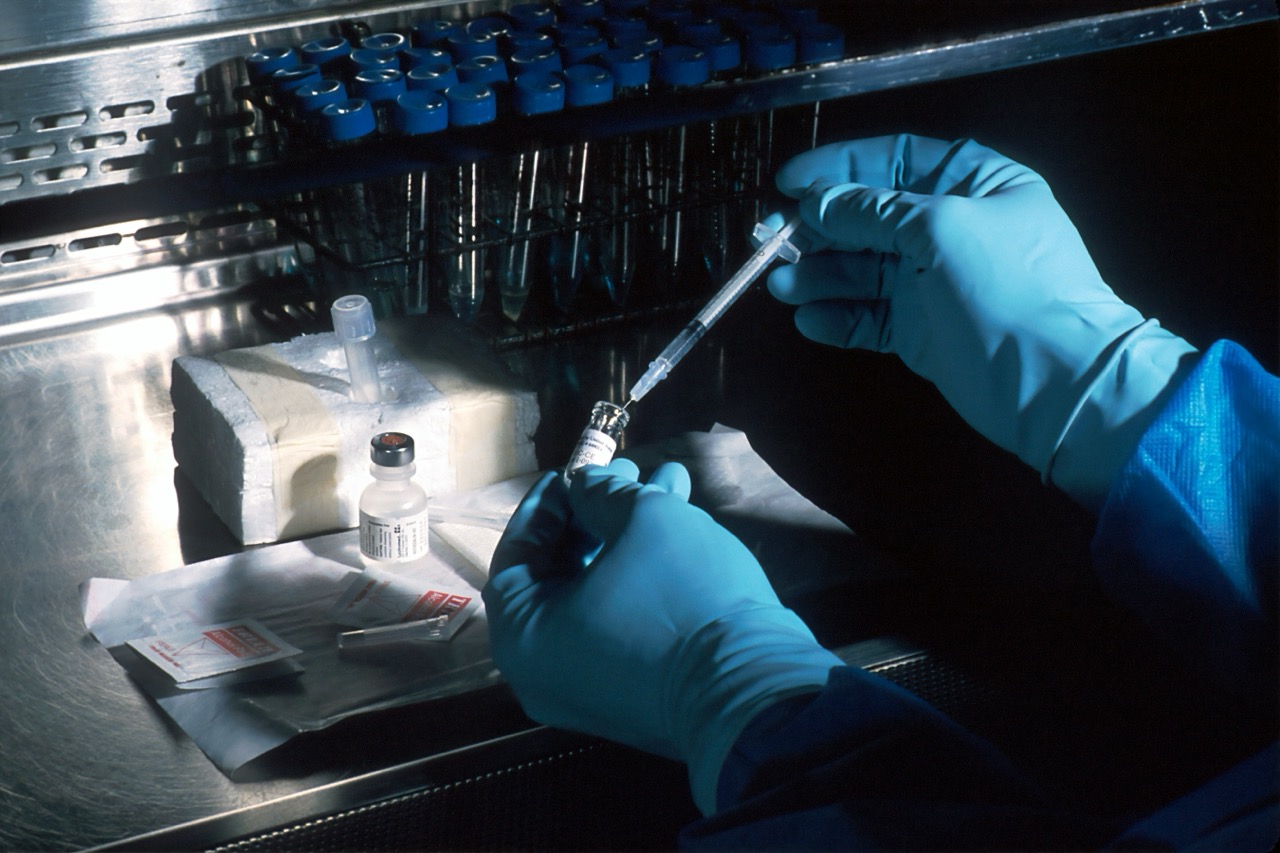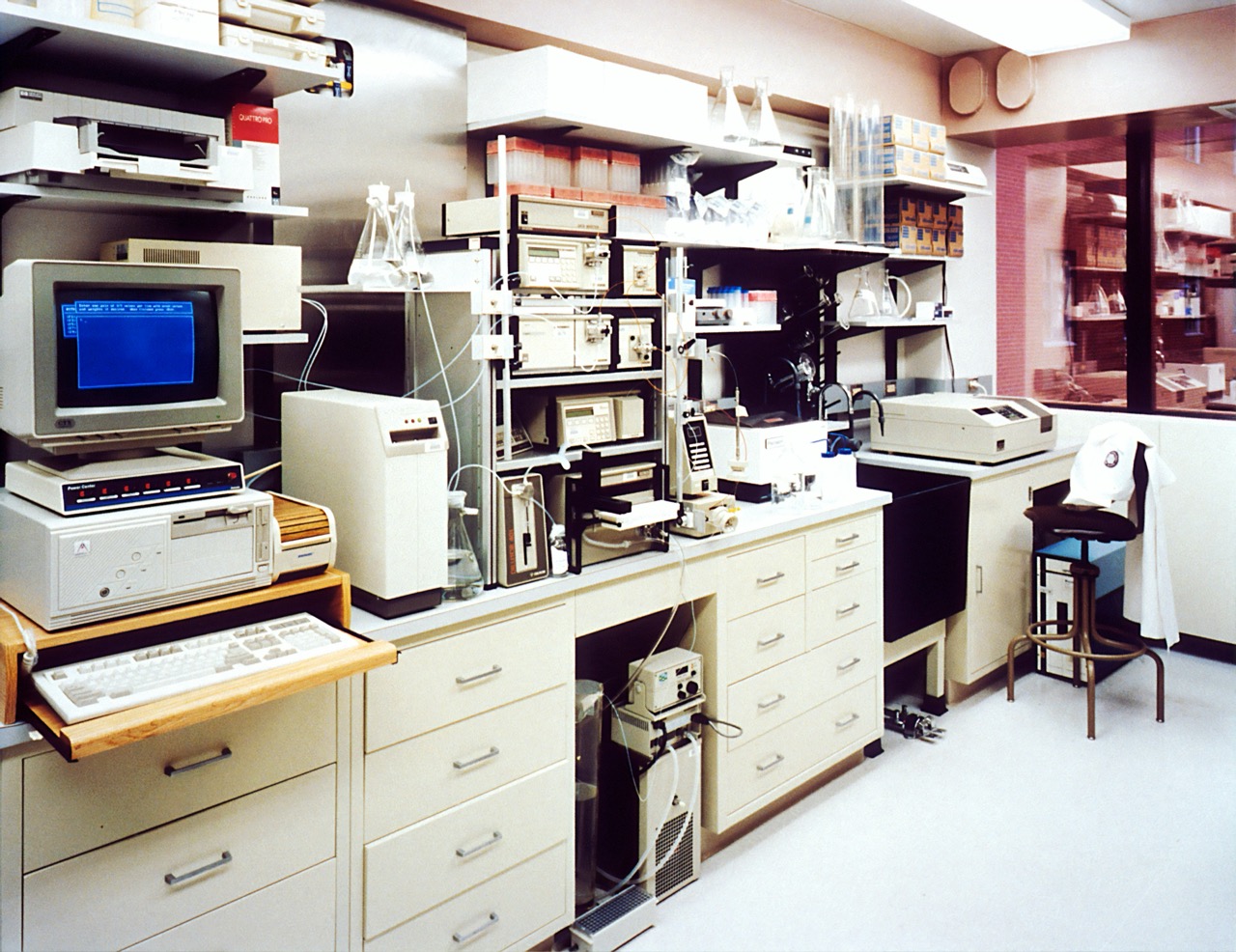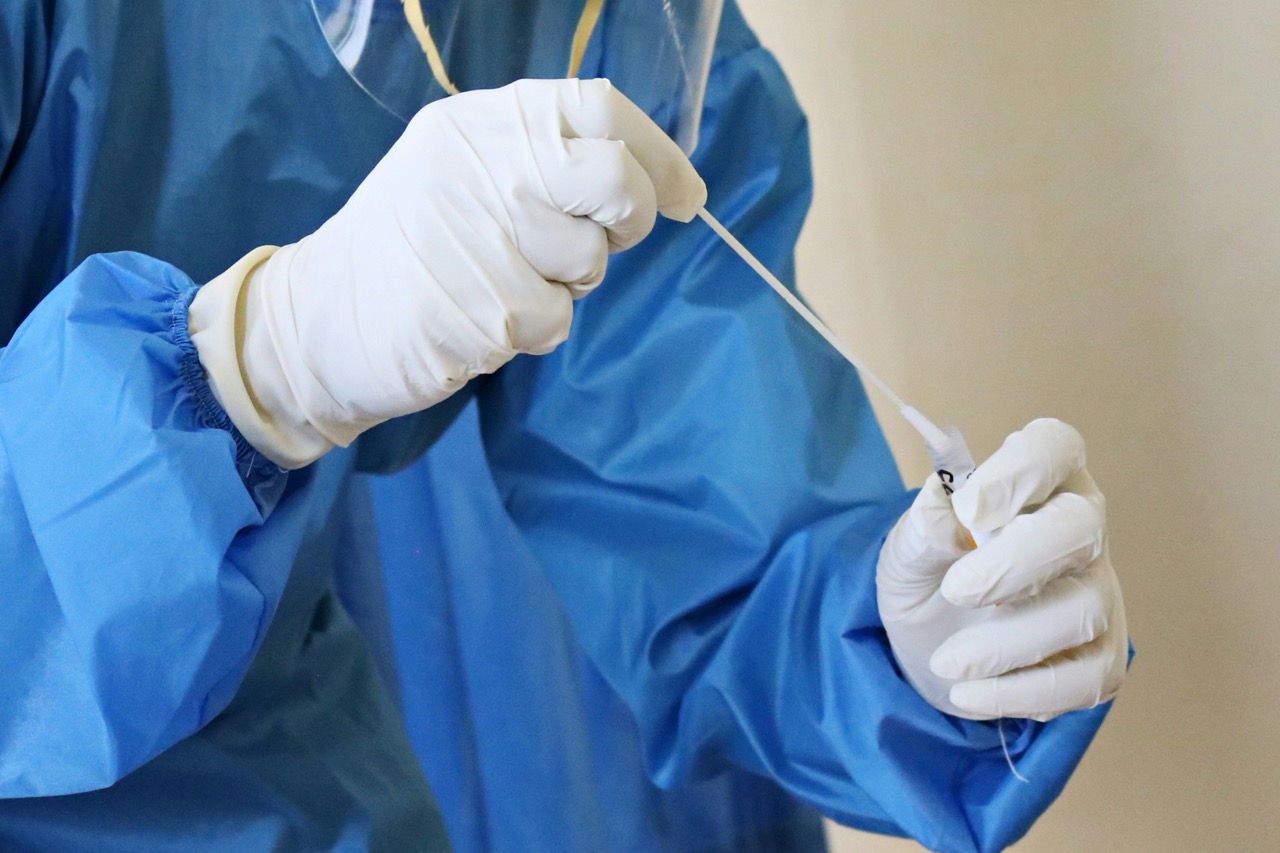Human Papillomavirus (HPV) is one of the most common sexually transmitted infections globally, affecting millions of people each year. While many types of HPV are harmless and may resolve on their own, others can lead to serious health issues, including cervical cancer and other genital cancers. Understanding HPV, its implications, and the various treatment options available can empower individuals to make informed decisions about their health. This article will explore what HPV is, treatment options, research insights on whether HPV can be cleared faster, and lifestyle factors that may influence the rate of clearance.
Understanding HPV: What It Is and How It Affects You
HPV is a group of more than 200 related viruses, with over 40 types that can be transmitted through direct skin-to-skin contact during sexual activity. Some types of HPV are categorized as low-risk, causing benign conditions such as warts, while others are classified as high-risk and are associated with the development of certain cancers. Each year, an estimated 14 million people become newly infected with HPV in the United States alone, highlighting the prevalence of the virus.
The symptoms of HPV may vary depending on the type and how it manifests in an individual. Many people with HPV do not experience any symptoms and may not know they are infected. However, abnormal cell changes can occur, particularly in the cervix, leading to precancerous conditions that require monitoring and treatment. Regular screenings, such as Pap smears and HPV tests, are essential for early detection and management of potential health risks associated with high-risk HPV types.
Furthermore, the psychological impact of an HPV diagnosis can be significant. Individuals may experience feelings of anxiety, stigma, or shame, especially when considering the implications of HPV for sexual health and fertility. Education and support can play a crucial role in helping individuals navigate their diagnosis and understand that HPV is a common virus that many people encounter during their lives.
Current Treatment Options for HPV: An Overview
Currently, there is no cure for HPV itself; however, there are effective treatments for the health problems that HPV can cause. For warts caused by low-risk HPV types, topical medications, cryotherapy, and surgical options are commonly employed. These treatments aim to remove the warts and alleviate discomfort but do not eliminate the virus from the body.
For high-risk HPV types that may lead to cervical cancer, the approach focuses on monitoring and prevention. Regular screening through Pap smears and HPV tests helps identify abnormal cell changes early. If such changes are detected, procedures like colposcopy and biopsy may be performed, which can lead to treatments that remove precancerous cells to prevent the progression to cancer. Vaccination against HPV is an essential preventive measure, with vaccines available that can protect against the most common cancer-causing strains of the virus.
In addition to these medical treatments, healthcare providers may recommend regular follow-ups to monitor for potential developments related to HPV. The emphasis is on proactive care, ensuring that individuals remain informed about their health status and any necessary interventions to manage HPV effectively.
Research Insights: Can HPV Be Cleared More Quickly?
Research into the clearance of HPV has yielded interesting insights, particularly regarding the body’s immune response. Studies indicate that the majority of HPV infections are cleared naturally by the immune system within two years. Factors influencing this natural clearance include the specific strain of HPV, individual immune function, and overall health. While there is no guaranteed method to expedite HPV clearance, understanding these factors can help individuals take proactive steps to support their immune health.
Recent studies have explored various medical interventions and their potential to enhance HPV clearance. Some researchers are investigating the efficacy of immune-boosting therapies, including certain vitamins and dietary supplements, to enhance the body’s ability to fight HPV. However, these studies are still in the early stages, and more extensive research is needed to establish definitive conclusions regarding their effectiveness.
Furthermore, it is essential to note that while some anecdotal evidence suggests that specific lifestyle changes may influence the duration of HPV infections, scientific data remains inconclusive. The pursuit of clearer answers continues in the medical community, with ongoing research focusing on how various treatments and lifestyle factors can potentially alter the natural course of HPV infections.
Lifestyle Factors That May Influence HPV Clearance Rate
Lifestyle factors play a crucial role in overall immune health, which can, in turn, influence the clearance rate of HPV. A healthy diet rich in antioxidants, vitamins, and minerals is believed to support the immune system. Foods high in vitamins A, C, and E, as well as beta-carotene, can enhance immune function. Regular physical activity is also associated with improved immune response, which may contribute to the body’s ability to clear HPV more efficiently.
Additionally, habits such as smoking and excessive alcohol consumption have been linked to slower HPV clearance and increased risk of related health issues. Smoking, in particular, has been shown to impair immune function and is associated with the progression of HPV-related diseases. By adopting healthier lifestyle choices, individuals may improve their immune resilience, potentially aiding in the natural clearance of HPV.
Stress management is another area of focus, as chronic stress can negatively impact immune function. Techniques such as mindfulness, meditation, and regular exercise can help reduce stress levels, fostering a more robust immune response. While lifestyle modifications may not guarantee faster HPV clearance, they can enhance overall health and well-being, providing a supportive environment for the immune system to function optimally.
In summary, while there is currently no definitive cure for HPV, ongoing research and an understanding of treatment options can empower individuals to manage their health effectively. Techniques for monitoring and addressing the effects of the virus are essential, as is the importance of vaccination. Although lifestyle factors may contribute to the rate of HPV clearance, individual immune responses vary significantly. As research progresses, staying informed about HPV and adopting a proactive approach to health will remain vital for those affected by this common virus.
